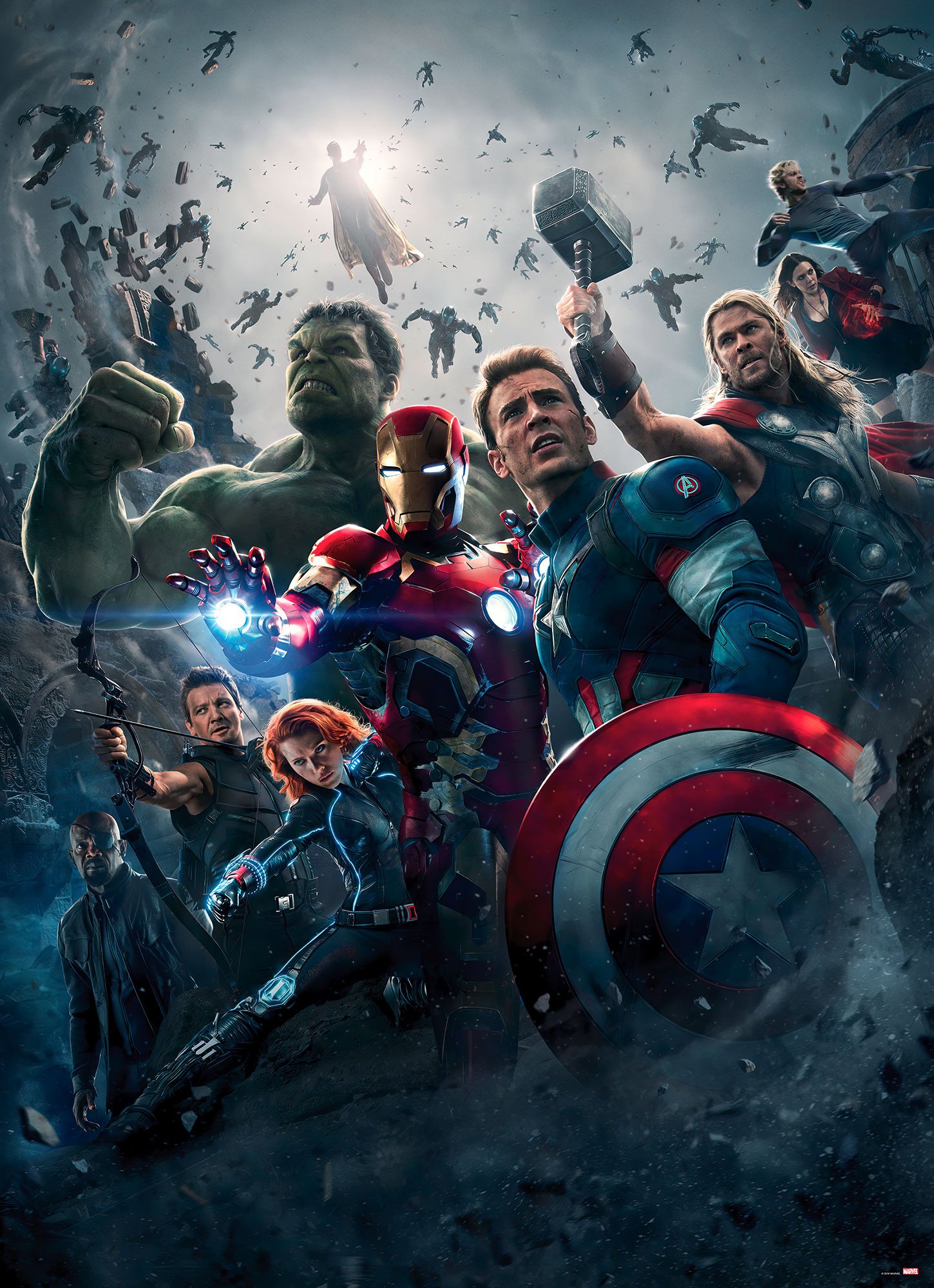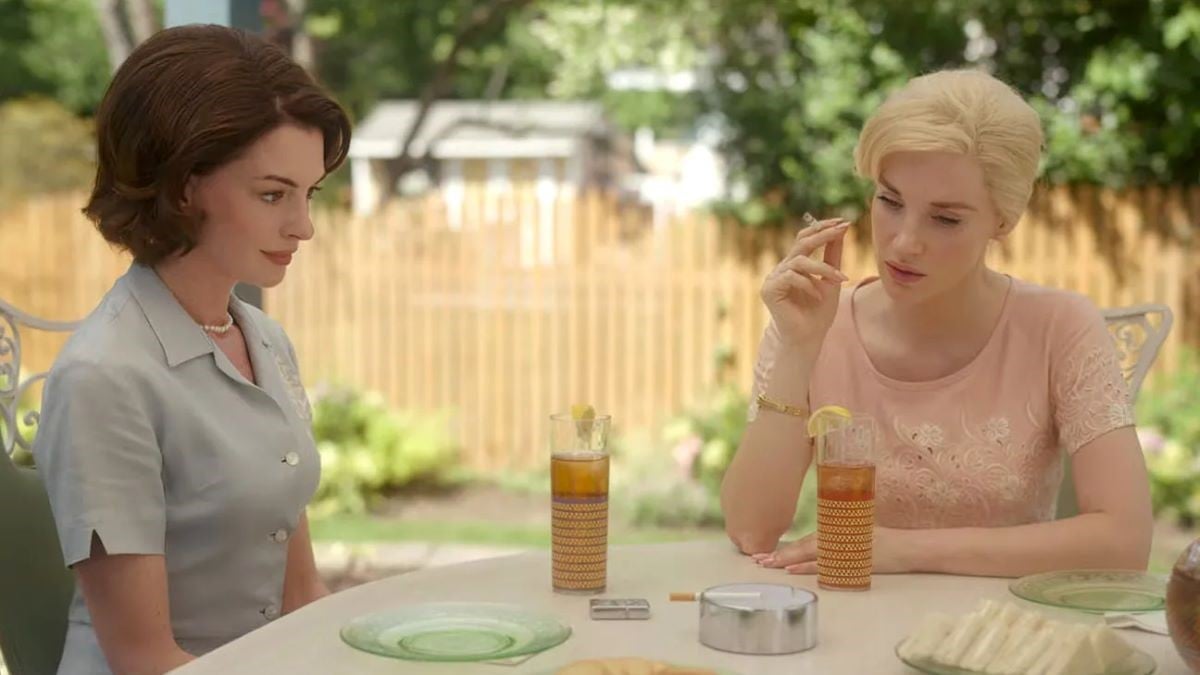“Fortune favors the bold,” is a cornily-overused phrase that continues to be “overused” with purpose. Belgium’s Zoé Wittock could have scripted another lookalike coming-of-age teen romance. Instead, the daredevil filmmaker dares to explore a taboo-defying love story that wafts of concession stand popcorn and industrial lubrication oils in Jumbo. Intimacy posed as a malleable generality, still emotional, and attributed to internal pleasures versus external expectations. It’s cotton-candy sweet, visually poetic with a carnival’s neon-saturated exuberance, and without an ounce of “shame” to be felt by someone experiencing her brand of happiness. What’s so bad about being “weird,” anyway?
Jeanne Tantois (Noémie Merlant), an amusement park employee, is more excited than most for the funfair’s latest attraction: Move It. Customers see a stomach-churning spinny machine, but Jeanne sees a companion. Margarette (Emmanuelle Bercot) wishes her daughter would find sexual awakenings with a man who won’t cause pain like Margarette’s ex-husband. Jeanne hopes her out-of-touch mother will approve of the unlikely connection. Will society accept Jean and, as she nicknames Move It, “Jumbo?” Of course not. Hence Jeanne’s spiral into isolation.
The narrative of Jeanne forgoing temptations of the flesh for blinking lights and whirring gears is not something Jumbo struggles to sell. Onlookers take pause when witnessing Jeanne’s intimate handling of the thrill-seeking contraption, as they appropriately might. Margarette’s visceral discomfort with her daughter’s obsession is a cause of contentious quarrels. We witness the perspective of society, judging Jeanne for finding comfort somewhere most don’t, but then we’re allowed into Jeanne’s world. Where she giddily lays atop the stationary rig like they’re star-crossed partners. Interacting through flashing codes, sharing their outsider laments, building a love story out of adrenaline shrieks and accepting analog blips.
Jumbo is a showcase for actress Noémie Merlant, who finds better chemistry with an inanimate tilt-a-hurl than most performers do with human costars. The way Merlant entangles herself within Jumbo’s steel support beams and shiny pistons depicts Jeanne navigating an iron-clad jungle of her own insecurities. Those who disapprove are afraid of what others might say, yet it’s not their lives to dictate. Jeanne’s romance is sweetly moving, deeply emotional, and slightly erotic at times to accentuate Jeanne’s no-bullshit adoration. It’s never fetishistic nor exploitative or even played with obscurity at the forefront. Merlant’s performance is riveting and heartfelt, in-turn bringing bolts and metallic scraps to life as a believable love interest. No doubt, a testament to Merlant’s obvious and boast-worthy talents.
Cinematographer Thomas Buelens elevates the sci-fi elements of Jumbo by utilizing nightfall as a blank canvas. During the daytime, “Jumbo” is a red-and-white schemed theme park landmark that doesn’t strike differentiating gazes. After dark? The ride’s light-up details glow a mix of green and red – signaled answers to Jeanne’s questions by the color – but also exude Spelbergian appeal in a Close Encounters Of The Third Kind way. For optical intents and purposes, “Jumbo” could be an interstellar entity sent from some planet where machines emote through gorgeous landing-zone light displays. “Jumbo” is imbued with vitality, especially once mucusy slickness drips downward as blood-read bulbs provide the only illumination – something out of a Transformers horror film that drives home the dazzling artistry at hand.

Having just used the word “horror,” let’s now address how the thematic tangents of Jumbo span Under The Skin alienation to a climax that swells like “Drive It Like You Stole It” is blasting out amplifiers. Some supporting characters have less to work with outside basic oppression (Bastien Bouillon as Marc, the crush-worthy operations manager), but then there’s Hubert (Sam Louwyck), who could have been another random hookup for Margarette. Instead, he’s the voice of parental reason who we cheer onward as Jeanne finds herself needing reassurance. Jumbo is as uplifting as it can be tragic, but it’s all in the name of not apologizing for personal fulfillment. “Who is she hurting,” Hubert has the guts to exclaim while Margarette and Marc talk of “looney bins.” When I stress how #TeamHubert I am, I know that’s because I’m so thankful for how what could have been a throwaway boy-toy role unlocks the final door to release Jeanne’s strength.
There’s no sidestepping Jumbo‘s recognizable weirdness. Girl meets Vomitron, develops attachments, and is cast out by society because she relates more to “Jumbo” than she does humans who are frequently cruel. Insane? Noticeably. That’s what assures Noémie Merlant’s role as something marvelous and magnetic. If she’s able to breathe relationship warmth into this precarious a scenario, then you know she’s an invincible starlet (like Portrait Of A Lady On Fire wasn’t enough). I’m sorry, did I mention this is also Zoé Wittock’s feature debut? Jumbo is a fireworks display of cinematic sensationalism that explodes with feeling, expression, and uniqueness that questions why anyone in their right mind would strive to be “normal” by conventional standards.








Published: May 27, 2020 02:54 pm